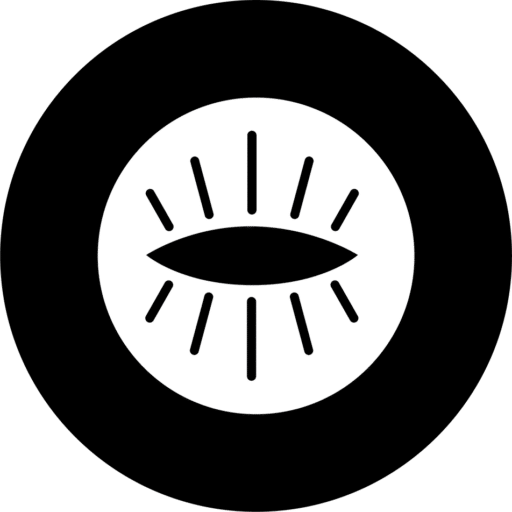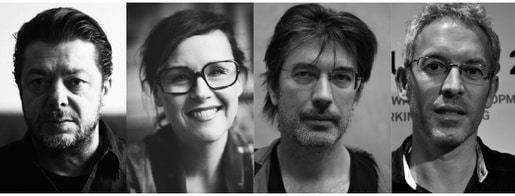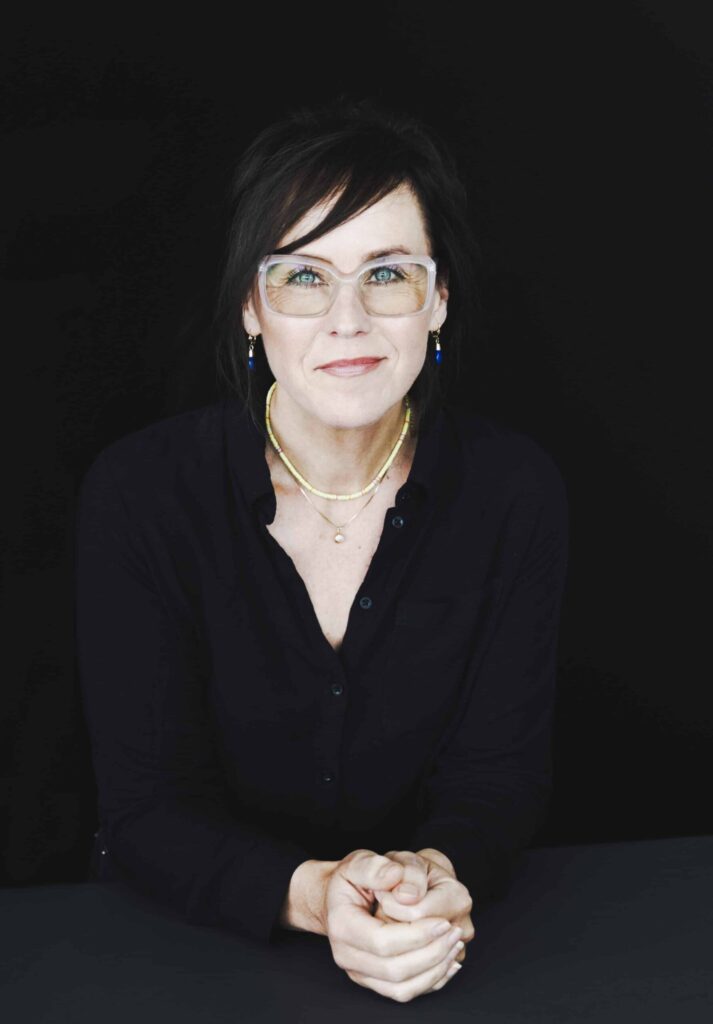Sources 2 Script Development Workshop in Luxembourg, at Hotel Ecluse in Stadtbredimus/Luxembourg, 30th March – 7th April 2017.
“If the purpose of films is to tell stories, then the screenwriter is the one who breathes initial life into the characters, worlds, and dramas unfolding on screen.
In our world of big data, overflow of information, rapid changes, distraction and polarization, storytelling is taking center stage. Stories help us relate to and make sense of the complexity surrounding us. It puts what often feels like a fragmented world, into a perspective that gives us a bit more clarity and sense of direction.
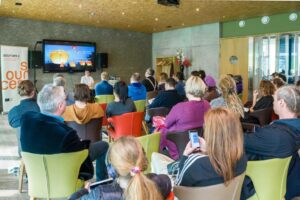
But to tell good stories, storytellers and script writers rely on their creative and analytical skills. At the core of their skills lies intuition; the sea within us, the intangible world of vision, feelings and imagination.”
What characterizes the times we live in?
This is how I started my lecture at Sources 2 in Luxembourg on April 5th. We explored the different ways we understand and sense intuition, as everything from a cognitive bias, an irrational hunch, to the driving force of creativity and source of wisdom. Through injection of information, exercises and discussions, I shared ways to sharpen our understanding of intuition and ways in which we can strengthen it as writers and thinkers. And here’s what we discussed as well:
“In Iceland, we have one Nobel Prize winner, Halldór Laxness, who said something along these lines:
“The role of the writer is to sense the world, the tide of time, and share it with the reader.”
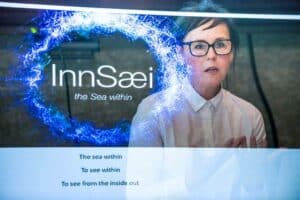
I have asked this question in various talks and lectures, and the answers are more or less the same as this fabulous group of filmmakers gave:
“Too much information”
“Speed. It’s faster.”
“Connected.”
“More alienation.”
“I would say more disconnection. Information is very scattered. It’s the opposite of being whole.”
“Artificial. We’re really far from nature. We can go for weeks without seeing the sky.”
Interesting, right? To me, this is one of the most interesting topics to explore in the world we live in today. How does this affect our minds? Hearts? Imagination? Resilience? View of the world? Our ability to design and implement relevant and effective policies? Our ability to put ourselves in other people’s shoes? Our ability to understand what is going on in the world we live in, or our local community? Our ability to imagine and create something that has meaning? And will the technological revolution, often coined as the Fourth Industrial Revolution, support and enhance human agency or decrease it?
It is important to keep a clear focus as we go through these big, complex and speedy changes happening in the world: Technology, algorithms, artificial intelligence, increased political polarization and everything else these changes entail, are part of every sector of human life. If human kind is one body, the technological and scientific changes are the blood running through it’s veins. They accelerate the good and bad. In other words, they are as useful in enhancing the good in humans, as they are in enhancing the bad.
For more on that, I recommend reading the books of the Israeli historian Yuval Noah Harari, Sapiens – A Brief History of Human Kind and Homo Deus – A Brief History of Tomorrow. I would also recommend the spot-on, Yale historian Timothy Snyder, and his book Tyranny and his short piece on 20 lessons from the 20th Century on How to Survive in Trump’s America, which applies to all of us, wherever we live in the world.
More on Sources 2 for interested filmmakers
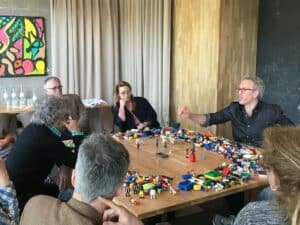
142 films developed through Sources 2 have been made to date, workshops and events have been held in 20 European countries and a network of film professionals from 30 countries has been built.
